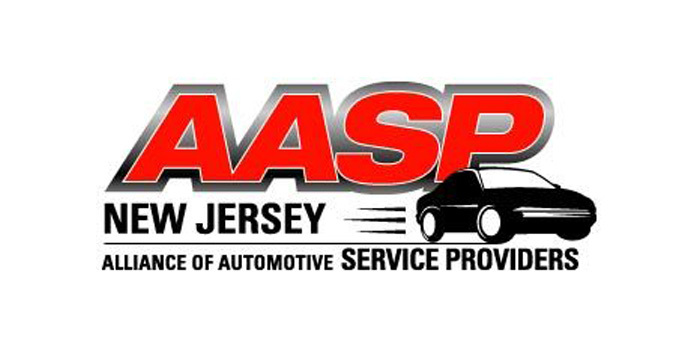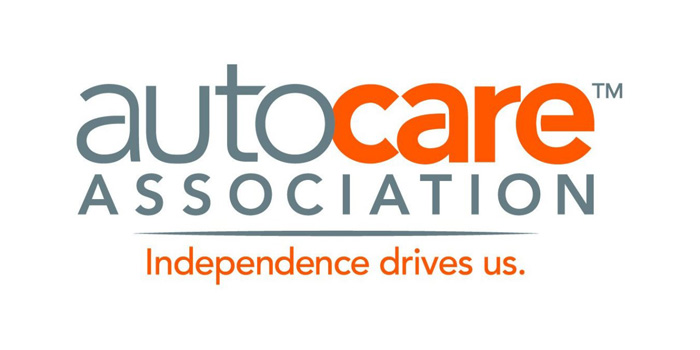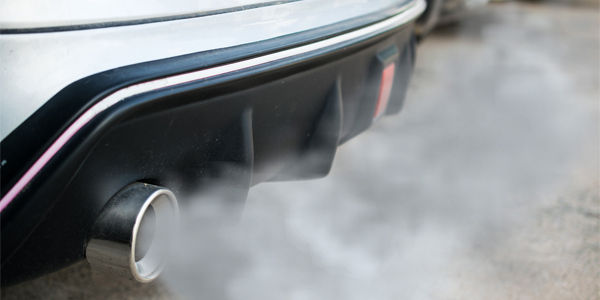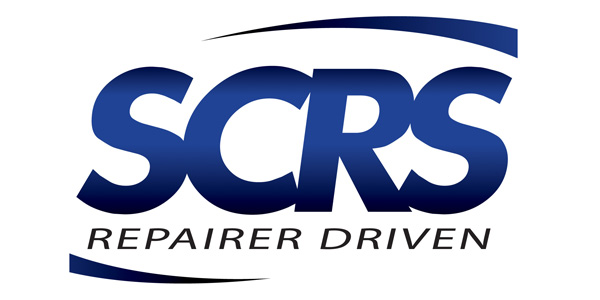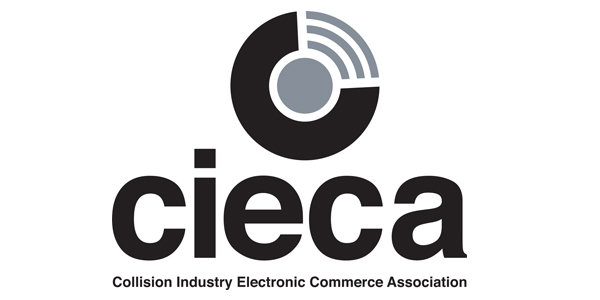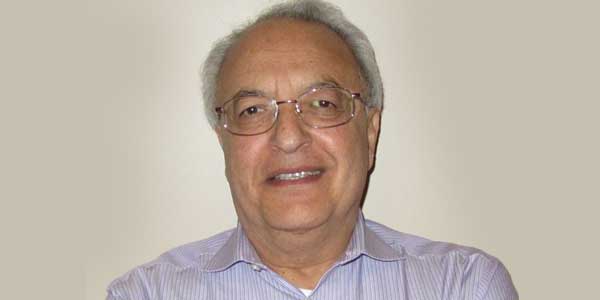Members of the Alliance of Automotive Service Providers of New Jersey (AASP/NJ) recently attended an association-hosted virtual event titled, “Understanding the Role of the Division of Insurance,” where attorney Patrick J. McGuire discussed the do’s and don’ts of successfully submitting complaints and inquiries to the New Jersey Department of Banking and Insurance (NJDOBI).
McGuire explained that there are three avenues one can take to help improve the industry: legislation, litigation and education. McGuire stressed the latter as the key approach.
“In my philosophy, education is the cheapest and most effective way in doing this,” he said. “You know going in what the circumstances are, what your rights are and what [your rights] aren’t.”
Additionally, McGuire suggested that having a solid working knowledge of the laws governing the industry can make the complaint process more productive and save time from being spent on issues that do not have a high probability of success.
McGuire used the example of aftermarket crash parts and pointed out that New Jersey’s Administrative Code prohibits an insurance company from requiring the use of such parts unless they are warrantied by the manufacturer – at least like, kind and quality to OEM parts in terms of fit, quality and performance. And the insurer pays for any modifications that may become necessary in making the repairs because of the use of such parts. Based on this, he said that a complaint would have a better chance of success if it stated how a proposed aftermarket crash part failed to meet one or more of these standards.
McGuire also addressed what appears to be an inconsistency in New Jersey law. He explained that New Jersey, like most states, generally recognizes that there is a fundamental legal difference between the rights and obligations of a first-party insured who makes a claim for coverage under the collision or comprehensive section of a policy (i.e., contract law) and the rights and obligations of a third-party claimant who makes a claim under the liability section of the at-fault driver’s policy (i.e., tort law). Therefore, the aftermarket crash parts provision found in the collision section of the at-fault party’s policy generally has no bearing on liability claims paid to an innocent third-party claimant.
“It is the same logic as to why a first-party insured has to pay a deductible and a third-party claimant doesn’t,” he said.
Nevertheless, unlike other states, the New Jersey Administrative Code provisions applicable to aftermarket crash parts lump the two types of claims together. McGuire said he did not have the opportunity to research the origin of this inconsistency prior to the meeting to determine whether it was a conscious legislative or regulatory decision or just an oversight at the time the regulations were drafted, but shops should be aware of it either way. He summed it up by explaining that although third-party claimants in New Jersey are still protected by the New Jersey Administrative Code to the same extent as first-party insureds, that does not adequately address the quality and liability issues the use of such parts raise for consumers and shops in a third-party claim.
Given that, McGuire said that the issue should probably be addressed at the legislative or regulatory level in addition to individual complaints to the DOI. In the meantime, it is McGuire’s opinion that it would be more effective for the repairer to educate the consumer about the issue, explain that the shop does not wish to be liable and leave the decision up to the customer.
Another key to effectively filing a complaint lies in properly communicating your message.
“No cookie-cutter form will get anywhere,” McGuire said. “It has to be specific with evidence attached so [the DOI] can see how it fits into legal standard. You have to find the right catchphrases that have legal meaning and trigger an obligation to look into it.”
For example, if a shop is being challenged by an insurer for charging to perform pre- and post-repair scans and calibrations as per OEM requirements/recommendations, the facility should report that scanning to find diagnostic codes is necessary in order to “return the vehicle to the condition immediately prior to loss.”
Above all, McGuire stressed that there is no “silver bullet” and the world won’t change overnight. For 30-plus years, things have headed in the wrong direction because of a lack of basic knowledge. Repairers need to take the stand that if they are to be liable for the quality of repairs, then they will not under-repair a vehicle for the benefit of an insurance company.
AASP/NJ Executive Director Charles Bryant reminded members to report issues they experience with insurance companies to him directly via the AASP/NJ hot line so these matters can be documented and brought before legislators in the hopes of effecting positive change.
AASP/NJ President Jerry McNee reminded everyone that it takes strength in numbers to improve industry conditions.
“We have a lot more rights than we actually know,” said McNee. “I think everyone feels the same way; it only seems to get worse as the insurance companies continue to push the envelope further and further away with no remorse for the shop or the customer. If you are not working on your business and just solely in your business, things won’t get better.”
For more information on AASP/NJ, visit aaspnj.org.

